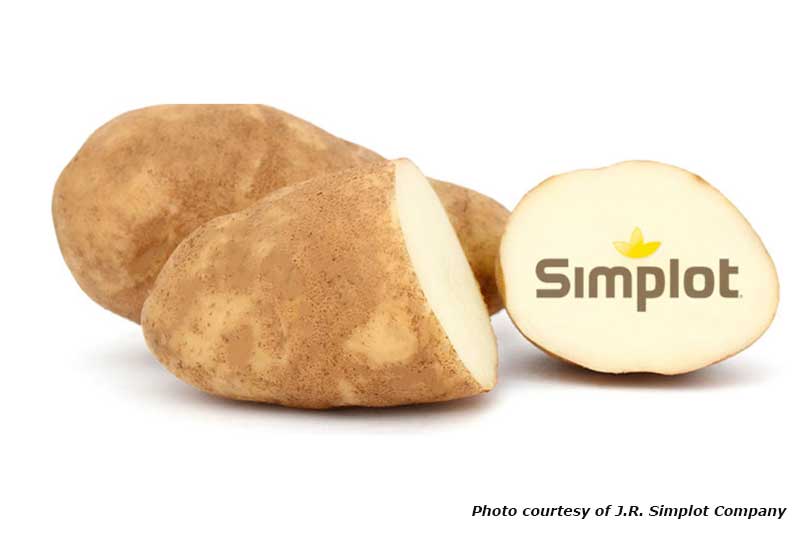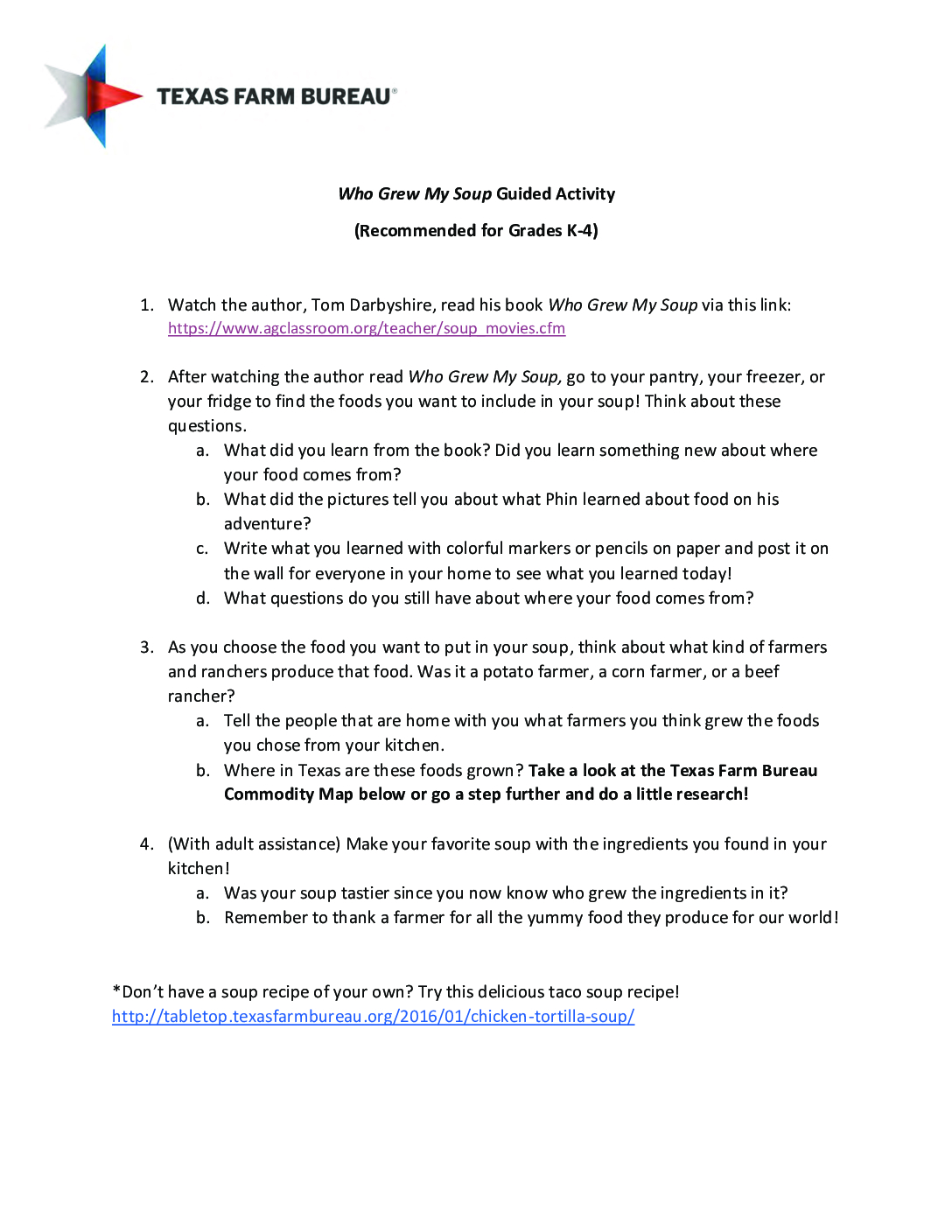Two types of genetically engineered potatoes that reduce bruising and black spots, enhance storage capacity and can resist the pathogen that caused the Irish potato famine may hit the market as early as next spring.
Simplot’s Ranger Russet and a second generation of its Innate potatoes were approved by the U.S. Department of Agriculture (USDA) for commercial planting, according to the Associated Press (AP).
The Ranger Russet and Innate potatoes are designed to reduce bruising and black spots to decrease food waste.
A spokesperson tells AP the reduction in bruising could increase the amount of top quality potatoes coming out of fields by 15 percent.
The new potato varieties are also designed to reduce a potentially carcinogenic chemical that is created when potatoes are cooked at high temperatures.
They can be kept in cold storage longer. That’s expected to help the potato chip industry, which uses stored potatoes to supplement fresh supplies when potatoes are out-of-season.
These potatoes were developed using only genes from other potatoes, according to AP.
The potatoes join the Russet Burbank potato, which boasts the same traits, and has already been approved by USDA and the Food and Drug Administration (FDA).
The Environmental Protection Agency (EPA) is expected to approve the variety in January.
According to AP, the Innate potatoes approved by USDA this week are the second generation of Innate potatoes to earn approval.
About 40 million pounds of first generation Innate potatoes, or about one percent of all potato sales, were sold to consumers in 35 states.
Those potatoes, marked as White Russet potatoes, contained the genes to reduce bruising and reduce potential carcinogens from high temperature cooking, but do not contain the new genes that increase resistance to potato blight. They also do not contain genes that allow longer cold storage.
Following USDA approval of the second generation Innate potatoes and the Ranger Russets, the potatoes must clear a voluntary FDA review process. They must also gain EPA approval.
Simplot expects the varieties to hit the market next spring if all approvals are granted.


